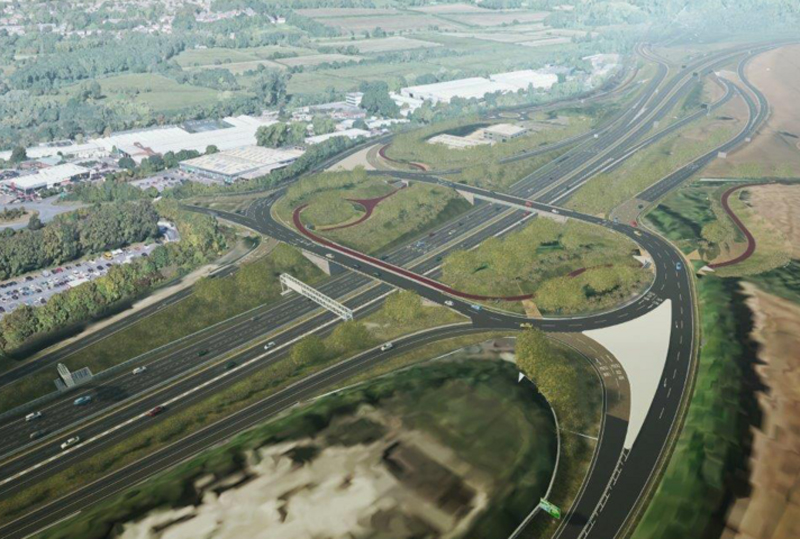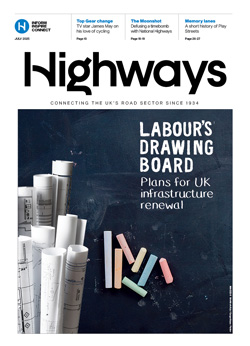National Highways will receive an interim settlement of £4.8bn for the next financial year to tide it over between road investment strategies, the prime minister has announced.
In the Autumn Budget, the Government announced a one-year delay to the third road investment strategy (RIS 3), which was due to begin next month, to allow it to be considered as part of the Spending Review.
The chancellor then outlined plans for an 'interim roads settlement' without specifying the amount. In December, the Department for Transport (DfT) confirmed that RIS 3 will run for a full five years from 2026 to 2031.
Announcing National Highways’ funding for 2025-26, the DfT said the £4.8bn includes ‘a record £1.3 billion investment to keep this vital network in good repair’, plus £1.8bn for National Highways’ daily operations and £1.3bn ‘for essential improvement schemes to unlock growth and housing’.
Prime Minister Keir Starmer said the government was ‘investing an additional £4.8 billion to deliver vital road schemes and maintain major roads across the country to get Britain moving’.
The funding represents roughly the same level of funding the government-owned would have expected to receive during the year.
Mr Starmer said: ‘Fixing the basic infrastructure this country relies on is central to delivering national renewal, improving living standards and securing Britain’s future through our Plan for Change.’
At roughly a quarter of the year’s funding, the £1.3bn for ‘essential improvements’ compares with £8.9bn for enhancement schemes during the current (2020-25) RIS, which is more than a third of the eventual £23bn five-year budget. RIS 2 saw £7bn spent on operations and £4.8bn spent on renewals.
With no new RIS, the enhancement funding represents a continuation of the tail of schemes from the second RIS that were expected to be funded from RIS 3, such as the £290m (pictured).






